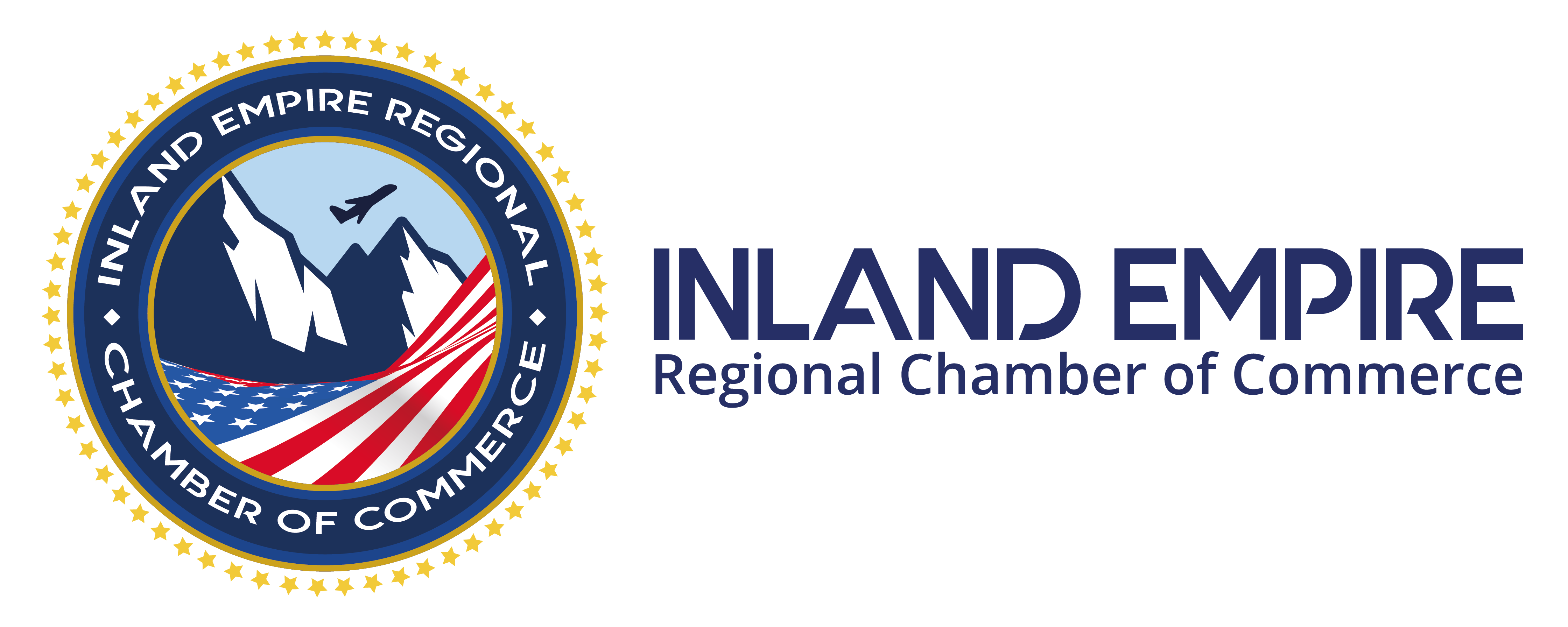Certificate of Origin
Apply for Certificate of Origin
The Certificate of Origin (COO) certifies the country where goods or products are manufactured or produced. It informs the importing country's customs authorities about the products' origin, helping to determine import eligibility or preferential treatment under free trade agreements. This document is essential for facilitating customs clearance and ensuring compliance with international trade regulations. Certificates can be obtained on the same day.
Pricing
- Inland Empire Chamber Member: $45.00
- Non-Member: $65.00
FAQs
How Often Is a Certificate of Origin Needed?
A Certificate of Origin is required for each export shipment to verify the country of origin and content of the shipment to the importing country. Therefore, a new certificate is needed for every shipment.
How Long Is a Certificate of Origin Valid?
A COO remains valid for 12 months from the issuance date. However, it is advisable to have a certificate issued within the last six months to ensure smooth customs clearance and avoid demurrage fees if foreign customs request a more recent certificate.
Types of certificate of Origin
- Non-Preferential Certificate of Origin: Indicates that goods do not qualify for preferential treatment under trade agreements. Typically issued in the US unless covered by the USMCA.
- Preferential Certificate of Origin: Confirms that goods qualify for reduced tariffs or exemptions under specific trade agreements, such as:
- Form A for the Generalized System of Preferences (GSP)
- EUR.1 or EUR-MED for European Union trade agreements
-
- USMCA for the US-Mexico-Canada Trade Agreement
Supporting Information Required for a COO
The following documents are required:
- Commercial Invoice: Provides shipment details, including product descriptions and values (must)
- Bill of Lading or Airway Bill: Offers proof of shipment details (optional)
Information Required in a Certificate of Origin
- Exporter’s Information: Name, address, and contact details
- Consignee’s Information: Name, address, and contact details
- Description of Goods: Detailed description, including HS codes and the shipment's gross and net weight
- Country of Origin: Where the goods were manufactured or produced
- Country of Final Destination: The destination country for the goods
- Signature and Stamp: Authorized signature from the issuing authority or chamber of commerce
Who Can Apply for a Certificate of Origin?
US Exporters or manufacturers typically apply for the COO, though authorized representatives, such as freight forwarders or logistics companies, can apply with an authorization letter.
Can Multiple Products with Different Origins Be Listed?
Yes, multiple products with different countries of origin can be included in a single COO, as long as each product’s origin is indicated.
Is Legalization of a Certificate of Origin Required?
Some Middle Eastern countries (e.g., Kuwait, UAE, Iraq, Qatar) require the COO to be legalized.
E-Certificate of Origin
Can an E-Certificate of Origin Be Used?
Yes, electronic Certificates of Origin (eCOO) are accepted by many worldwide. They offer faster processing and verification and function the same way as paper certificates.
Benefits of E-Certificates
- Same-Day Approval: The Inland Empire Chamber of Commerce approves applications on the day.
- Instant Access: Once approved, certificates are immediately available to the applicant and interested parties
- Instant Validation: Embedded QR codes allow customs authorities to validate instantly
- No Risk of Loss: Digital certificates eliminate the risk of losing physical documents
- Cost and Time Savings: E-certificates reduce administrative costs and processing time
- Facilitated Customs Pre-Clearance: Streamlines the customs process
- Environmental Benefits: Digital documents reduce paper usage, supporting sustainability
Is Notarization Required for an E-Certificate of Origin?
Since 2020, countries worldwide have accepted eCOOs, reducing the need for notarized copies. Swiftodx platform has issued e-Certificates of origin for 106 countries, and they have been accepted; hence, there is no need for a physical notary. Foreign customs or government agencies can verify the certificates via a QR code embedded in each certificate.
